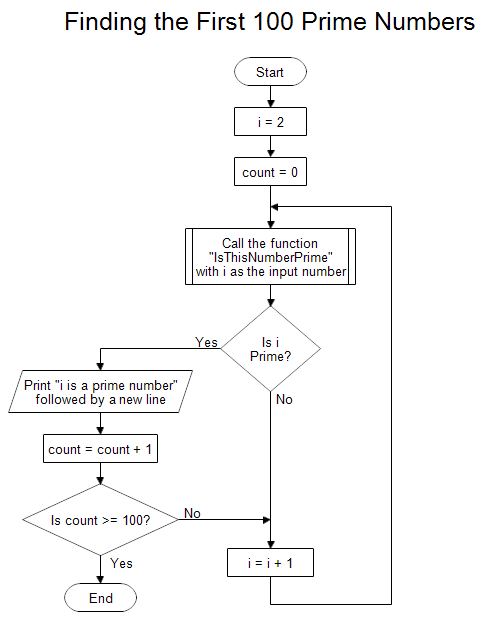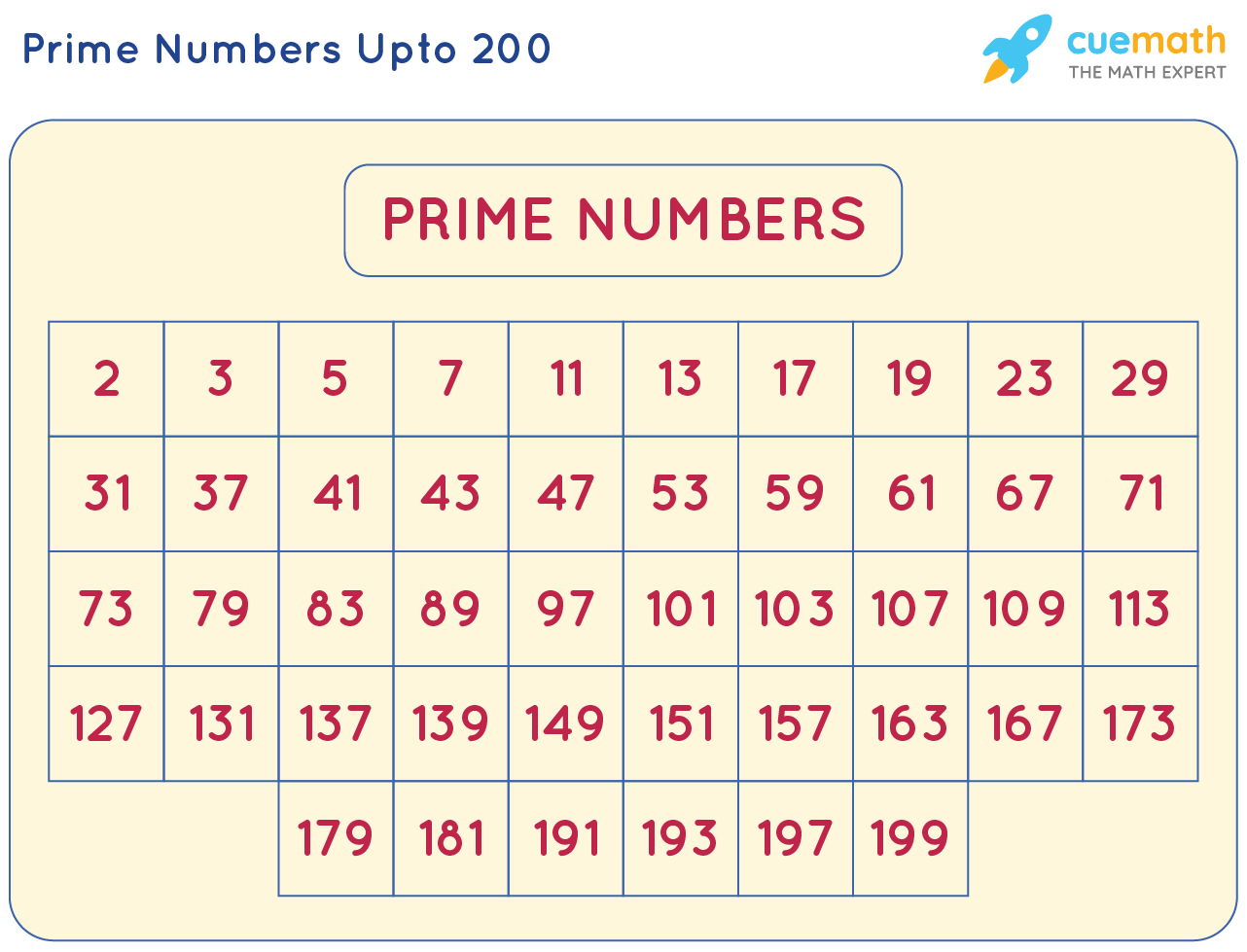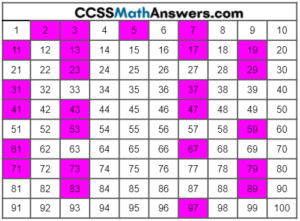
Prime numbers play a crucial role in numerous fields, including cryptography, number theory, and computer science.

Another popular technique is the Sieve of Eratosthenes, which involves iteratively eliminating multiples of prime numbers to identify prime numbers within a given range. However, this method becomes inefficient for larger numbers. If no divisors other than 1 and itself are found, the number is prime. One approach is to divide the number by all smaller numbers up to its square root. Identifying Prime Numbersĭetermining whether a given number is prime or composite can be achieved through various methods. Prime numbers are infinitely abundant and form the building blocks of the entire number system. For example, 2, 3, 5, 7, and 11 are prime numbers, while 4, 6, 8, and 9 are composite numbers. They have no other divisors, making them distinct from composite numbers. Prime numbers are natural numbers greater than 1 that are divisible only by 1 and themselves. Join us as we unravel the secrets behind these unique numbers! In this article, we will delve into the world of prime numbers, understanding what they are, how to identify them, and their importance in various fields. Prime numbers are fascinating mathematical entities that have intrigued mathematicians for centuries. This indicates that these Prime numbers cannot be divided without leaving a remainder by any number other than 1 and the number itself. Prime numbers simply have two variables: the number itself and factor 1. Prime numbers are those that are bigger than 1. Because of the fundamental theorem of arithmetic, which states that every natural number bigger than 1, is either a prime itself or can be factorized as a product of primes that is unique up to their order, prime numbers play an important role in number theory. But since it is the product of two smaller integers (2 x 2), 4, it is composite. A composite number is a natural number greater than one that is not prime.įor instance, the number 5 is prime because there are only two ways to write it as a product, 1 5 and 5 1. Prime Numbers– The term “prime numbers” (or “prime”) refers to a natural number greater than 1 that is not the sum of two smaller natural numbers.



Prime Numbers Between 1 to 100- Keynotes.NCERT Solutions Class 10 Social Science.NCERT Solutions For Statistics Class 11.


 0 kommentar(er)
0 kommentar(er)
